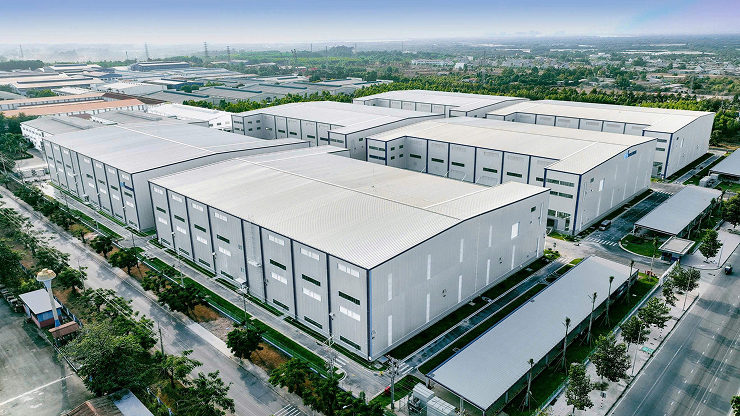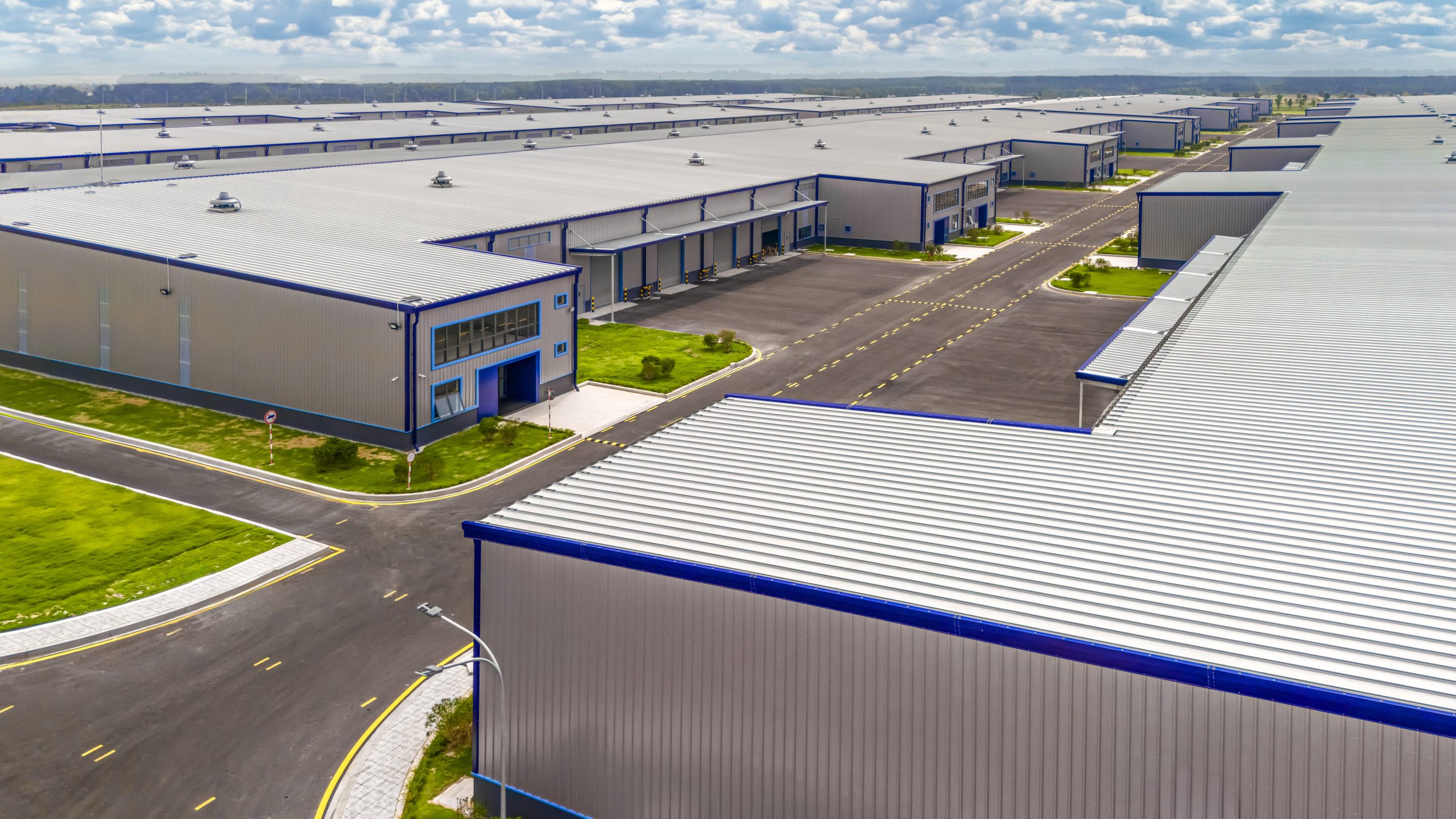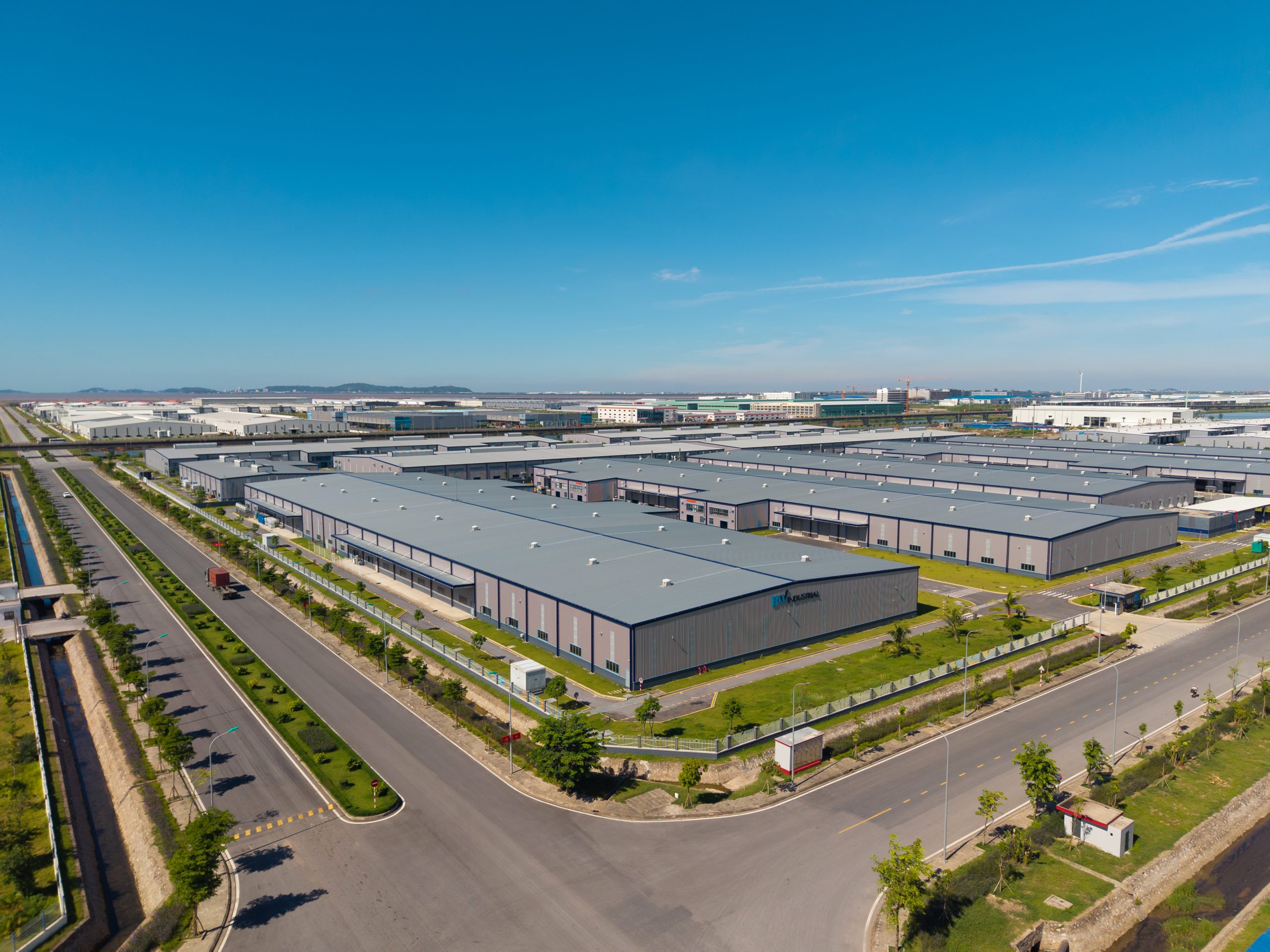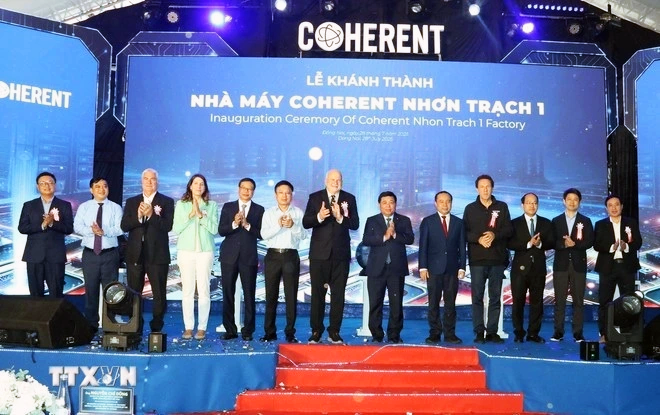News & Events
Vietnam’s industrial property is key to global supply chain
March 18, 2025
Vietnam’s industrial real estate sector is no longer an emerging player but a cornerstone of the global supply chain. Lance Li, CEO of BW Industrial, expands on the development of the ready-built factory industry, from basic facilities to modern industrial assets.

As global manufacturers reconsider their production networks, the country’s ready-built factory (RBF) market has undergone a fundamental transformation, evolving from basic facilities into modern, high-specification industrial assets designed to accommodate advanced manufacturing needs.
Institutional developers have played a defining role in shaping this transition. By 2027, they are expected to contribute approximately half of the RBF market, bringing global standards, operational efficiency, and much-needed scale to a sector that was once fragmented and locally driven.
The rapid modernisation of Vietnam’s industrial real estate is not just a trend, it is a structural shift that will shape the country’s economic future.
Vietnam has successfully established itself as a critical manufacturing hub, attracting a diverse and evolving tenant base. Today, roughly 60 per cent of leasing inquiries come from businesses in Chinese-speaking regions, including Mainland China, Hong Kong, Taiwan, and Singapore, underscoring the country’s strategic importance as a manufacturing base for companies looking to optimise their supply chains.
At the same time, we are witnessing the rise of ‘queen bee’ tenants – industry leaders securing larger spaces to serve as regional production and logistics hubs. These companies are raising the bar for operational standards and ushering in more sophisticated supply chains and technological capabilities, further cementing Vietnam’s role as a manufacturing powerhouse in the region.
Vietnam’s industrial development remains anchored in two key regions: the north and the south.
The north, with its proximity to China and advanced infrastructure, has become a natural home for high-tech manufacturing. Provinces like Bac Ninh, Haiphong, and Hanoi are attracting cutting-edge electronics and precision engineering firms, drawn to the region’s skilled workforce and logistical advantages.
Meanwhile, the south continues to thrive as a hub for diverse industries. With Ho Chi Minh City, Binh Duong, and Dong Nai leading the way, this region benefits from a well-established business ecosystem, a strong labour pool, and a highly developed logistics network.
The speed-to-market advantage in the south is particularly appealing, with RBF facilities allowing operations to commence in as little as six to seven months, giving tenants a competitive edge in an increasingly fast-paced global market.
The future: multi-storey factories and sustainability at the forefront
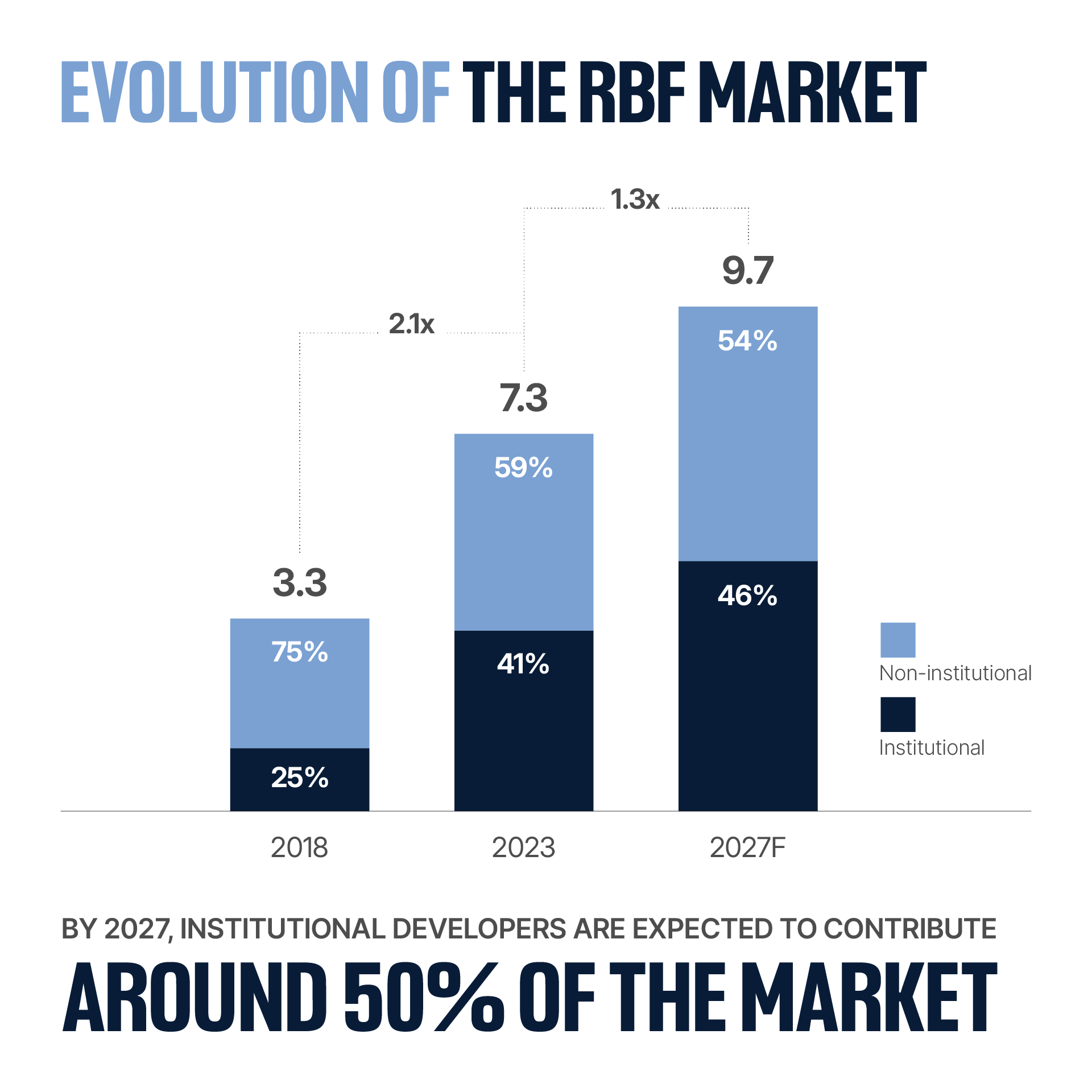
Looking ahead, two game-changing trends will define the next phase of Vietnam’s industrial real estate growth.
First, multi-storey RBF facilities are emerging as a viable solution to land constraints, allowing developers to maximise land efficiency and cater to tenants with larger space requirements. This model is particularly relevant in high-demand areas where land prices continue to rise.
Second, Vietnam’s push towards sustainability is gaining momentum, with rooftop solar power emerging as a key opportunity.
While large-scale adoption is still awaiting regulatory clarity, the country’s geographic advantages make it well-positioned for significant expansion in renewable energy.
Once fully realised, rooftop solar will not only enhance energy efficiency but also align with global sustainability commitments, making Vietnam an even more attractive destination for international investors.
Vietnam’s industrial real estate sector has entered a new era – one defined by modernisation, sophistication, and global integration.
Institutional investment, an evolving tenant base, and forward-looking infrastructure developments are propelling the market to new heights. As businesses continue to recalibrate their supply chains and seek resilient, high-quality manufacturing destinations, Vietnam stands poised to lead the charge. For global investors and manufacturers looking to establish a foothold in Asia, the message is clear: Vietnam is not just the next frontier – it is the present and future of industrial growth.
About BW
BW is Vietnam’s leading logistics and industrial real estate platform with over 10 million square meters of industrial land in prime locations under control across 58 projects in 12 key provinces in Vietnam. BW has been focused on developing for-rent modern warehouses and light industrial to capture the outsized growth opportunities of manufacturing, increasing domestic consumption, and the rapid growth of e-commerce.



